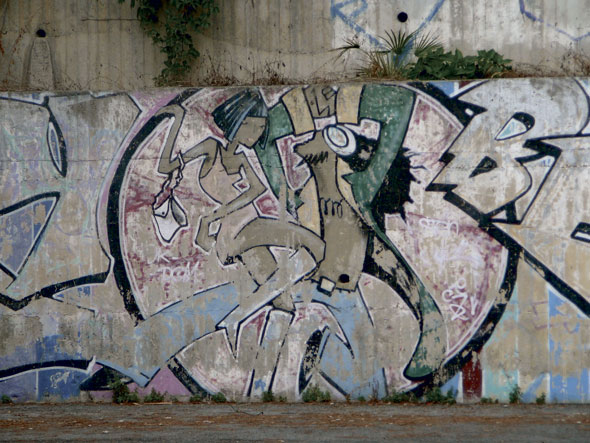Telling Stories
 Photograph by Lauren Smee
Photograph by Lauren Smee
I wish I could tell you a story about what joy is. As a Christian, I’m told by our subculture and its traditions that I’m supposed to know joy deeply. So deeply, in fact, that I wouldn’t be able to resist sharing it with you. I think you know the kind I mean: something like being overwhelmed with a genuine sense that things could not possibly be any better at the moment. The truth is, I am pretty broken. Couple that with constantly witnessing oppression from an interpersonal scale to a global scale, and it becomes a difficult and confusing task to find joy. Maybe you were at the GCC’s closing keynote this past weekend. How do we listen to someone like Samantha and hold together the reality of all of the rape, death, and even worse things in the world, and still somehow find hope, let alone joy, to sustain us?
It’s rather easy for such stories to beat our consciences into cynicism, despite our best efforts. At least for me, they often elbow their way into my mind, shoving aside memories that might have helped me find the answer. Memories like the Chaplain’s Study Tour to Mexico in 2004. Twenty rich, white Canadians visited a highly impoverished neighbourhood in urban Morelos, Mexico, not to bring them anything material, but just to see and listen. Amidst all of the hardship around her, a girl told us how she hoped to become a teacher. She had as much joy as her brother, who was so happy just to have a soccer ball and friends to enjoy it with. Even the cynical among us can’t write that off as being naive, like we might try to with children born
into our wealthy bubble. However, cynicism’s prophecy easily fulfills itself: If these memories don’t turn into our stories, soon they won’t even be memories.
Thomas King tells us that the truth about stories is that that’s all we are. The study tour was full of stories of other people’s hope–and I don’t think they can have this without experiencing joy–but most of them have faded for me now. I could have adopted the stories, telling and retelling them. They would have lived and grown, becoming part of my story. Instead, I stayed broken and silent. Hopefully this isn’t you, but then again, maybe you’re reading this edition of the Blueprint for that very reason. Whoever you are, I hope you can imagine with me how our culture could change if we fed those stories that give us joy. What would our world become if you and I turned our memories of survival into stories of growth? What if you and I chronicled peace and reconciliation instead of war and terrorism? What if you and I could celebrate one another’s moving towards wholeness as if it were our own? Maybe that’s what joy looks like. Maybe that’s how it enables people to handle their hardships: with hope.
The world is your story. You tell me.